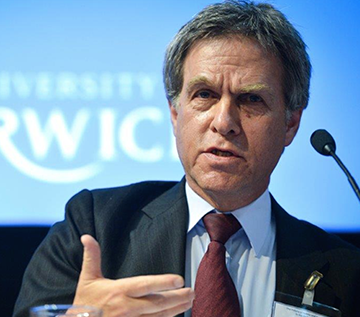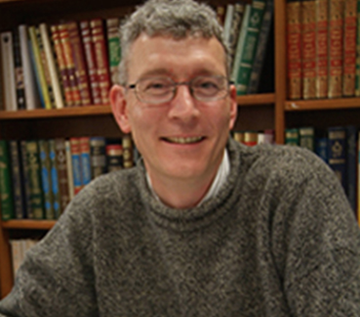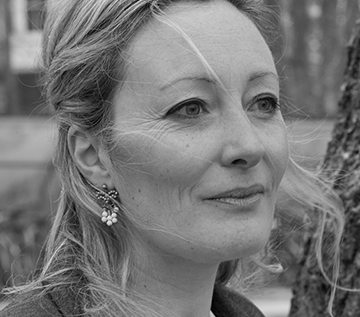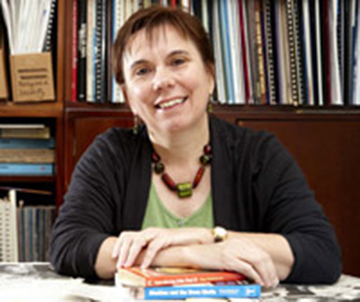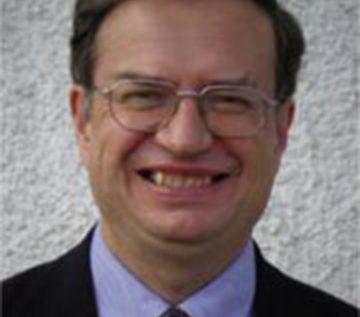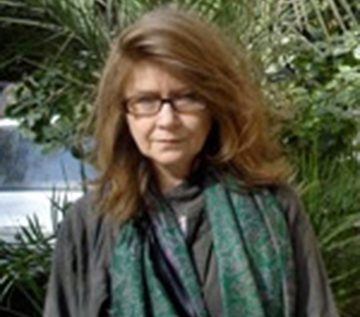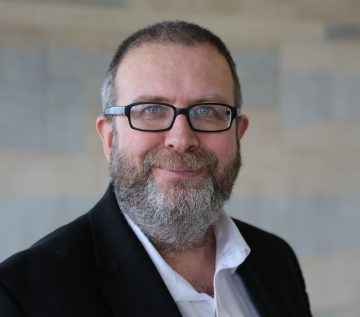Professor David Miller
University of Bath
Understanding and Explaining Terrorism: Expertise in Practice
Nine leading academics were appointed as Global Uncertainties Leadership Fellows under PaCCS in 2013. They provided leadership for the Partnership undertaking high quality research and knowledge exchange projects across themes of radicalisation, religion and beliefs, trust, ethics, and national security.
At the time of his fellowship, which ran from January 2013 to January 2016, David Miller was a Professor of Sociology at the University of Bath. His research interests at the time included the role of communication in the constitution and reproduction of power relations. During this period, he also sat on the editorial board of the BSA Journal Sociology, and was a director of the non-profit company Public Interest Investigations (which runs the campaigning website Spinwatch.org and the wiki-based Powerbase.info).
Project Summary
David’s Global Uncertainties Leadership Fellowship was entitled Understanding and Explaining Terrorism: Expertise in Practice. It explored which people and institutions are designated as ‘experts’ in a variety of arenas, what impact their expertise has and addresses the question of whether there is such a thing as genuine expertise in terrorism and how we might identify it.
This study used an innovative, mixed method approach and will measure, compare and contrast the prominence of different terrorism experts in different domains, including academia, the media, the internet, the criminal justice system and the national and the international policy community.
It analysed the historical and institutional development of the use of terrorism experts by courts, governments and the media. It also explored the ideological and institutional origins and affiliations of terrorism expertise by investigating the various think-tanks and private research institutes which provide support and funding.
The research sought to provide an empirically grounded evidence base that can better inform public debate and policy decisions. The overall aim was to better understand terrorism expertise and to enable academics and other research users to more effectively make use of ‘evidence based’ research on terrorism.
Related Information
Get in touch



